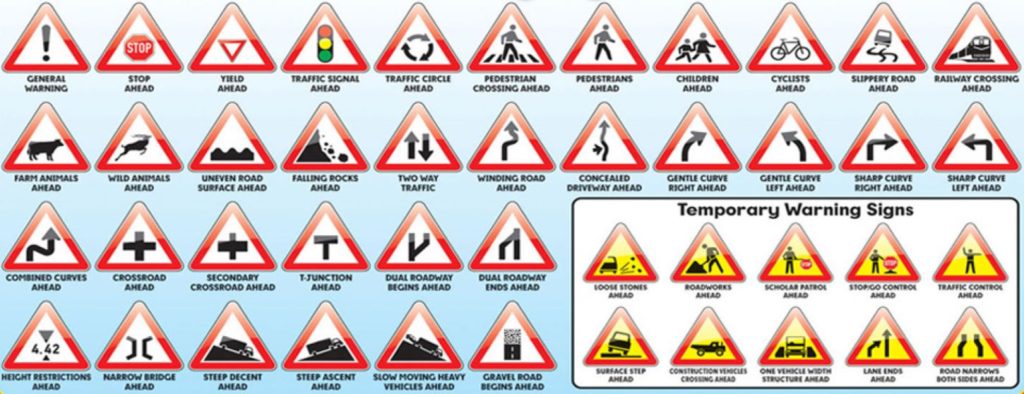Traffic laws and regulations play a pivotal role in managing and reducing road carnage following accidents. These rules govern how vehicles and pedestrians should behave on the roads to ensure safety for all road users. Proper adherence to traffic laws can significantly minimize the frequency and severity of accidents, leading to a substantial reduction in road carnage. Here is an analysis of the importance of traffic laws and regulations:
Prevention of Accidents
First and foremost, traffic laws are designed to prevent accidents from happening. For example, speed limits are set to ensure that vehicles don’t go at speeds that are likely to result in uncontrollable situations. Similarly, rules against drunk driving, use of mobile phones while driving, and insistence on the use of safety belts are all intended to reduce the likelihood of accidents.
Order and Predictability
Traffic laws establish a sense of order and predictability on the roads. For example, rules about right of way, traffic signals, lane discipline, and stopping for pedestrians at crosswalks create a predictable pattern of behavior. When all road users understand and adhere to these patterns, the risk of collisions significantly decreases.
Education and Training
Through driver’s education programs and licensing processes, traffic laws instill proper driving habits and awareness of road safety in drivers. These programs provide knowledge about road signs, emergency procedures, and the consequences of violating traffic rules, creating a more informed and cautious driving community.
Management of Post-Accident Scenarios
After an accident has occurred, traffic laws guide the immediate response and the investigation. For instance, laws require drivers involved in accidents to stop and not leave the scene, ensuring that necessary assistance can be given to the injured, and evidence is preserved for investigation. This also includes laws mandating the reporting of accidents to the police, which aids in maintaining accurate records and facilitating follow-up actions.
Enforcement and Deterrence
Furthemore, enforcement of traffic laws serves as a deterrence to irresponsible behavior on the roads. Penalties such as fines, license suspension, or even imprisonment help deter reckless driving. The strict enforcement of these laws reinforces their seriousness, ultimately promoting adherence and enhancing road safety.
In conclusion, traffic laws and regulations are of paramount importance in managing road carnage following accidents. These laws not only aim to prevent the occurrence of accidents but also assist in handling post-accident scenarios effectively. Constant reinforcement, public education about these laws, and strict penalties for violators are crucial in reducing road accidents and ensuring safer roadways for everyone.

